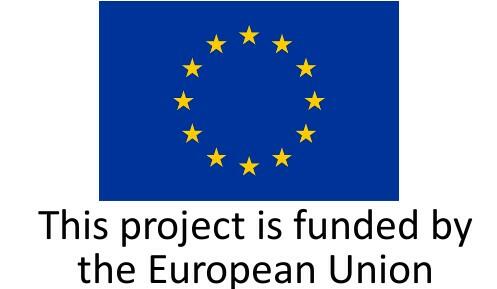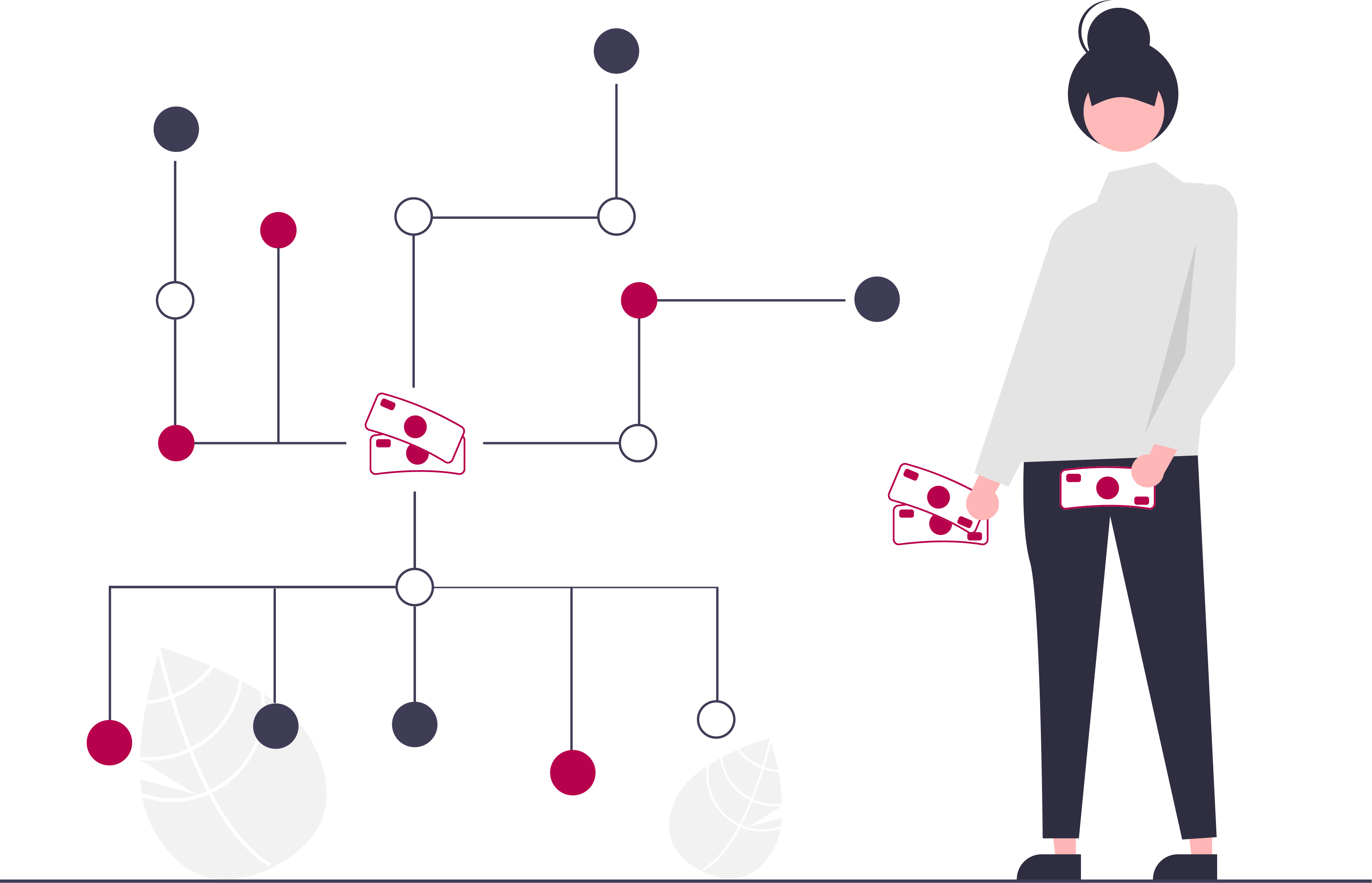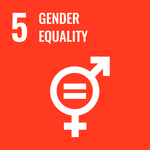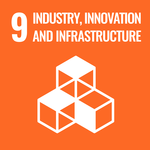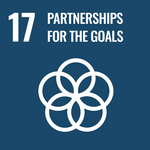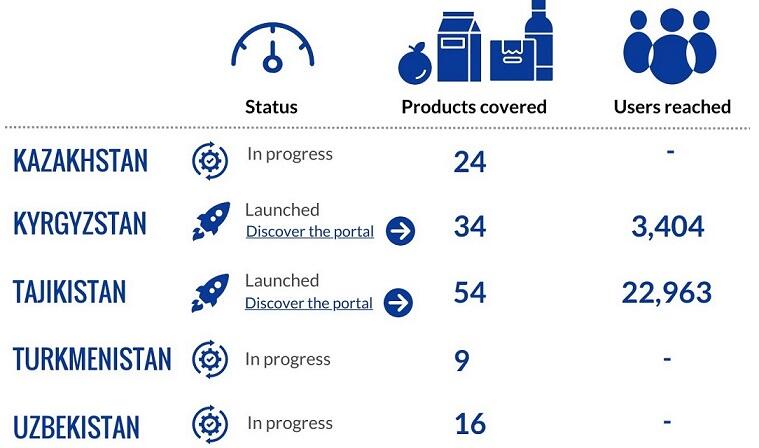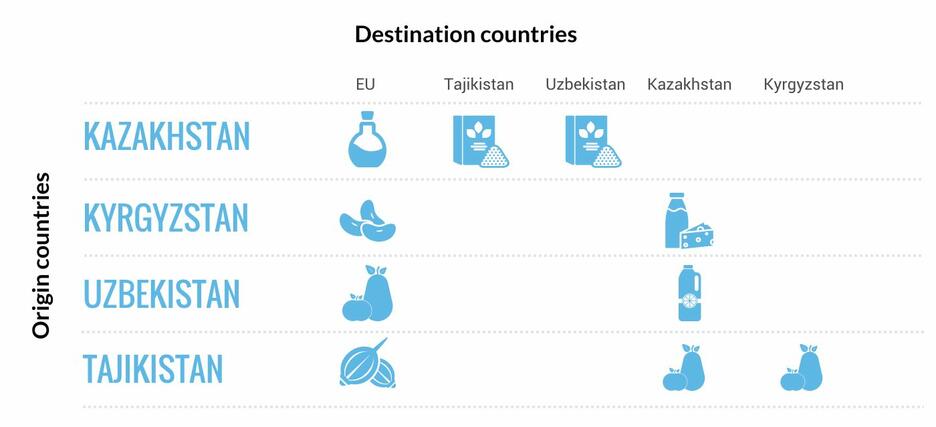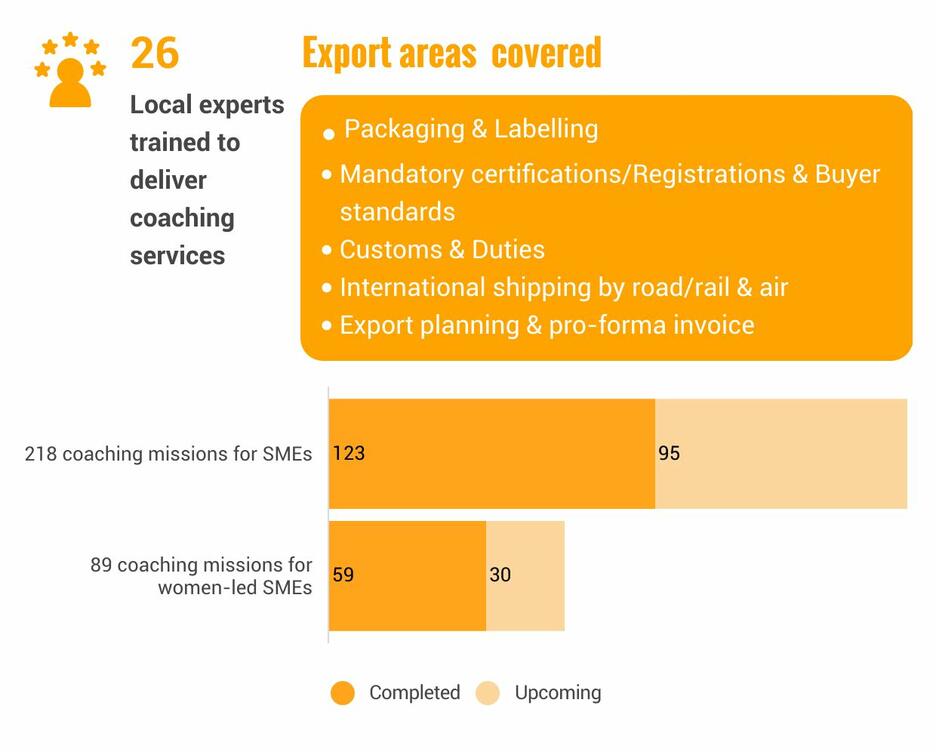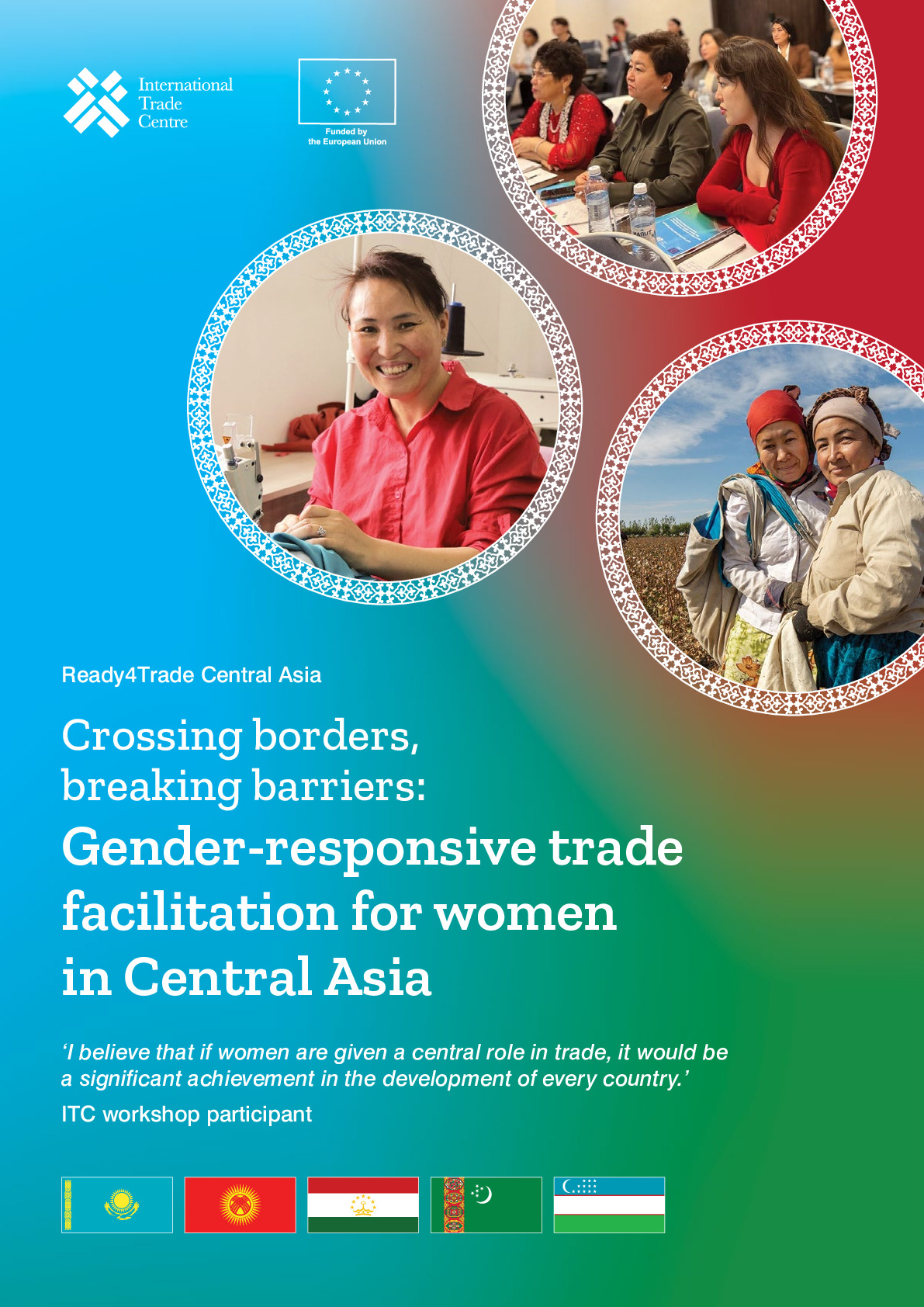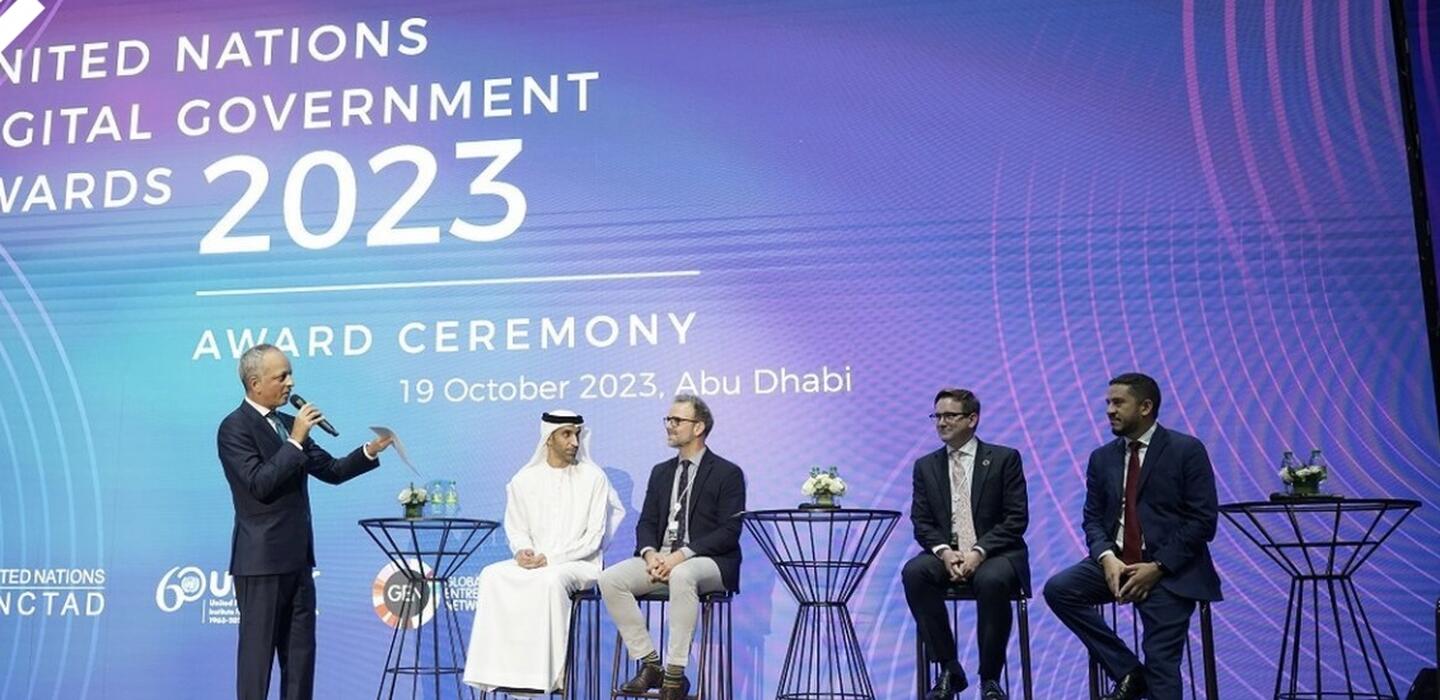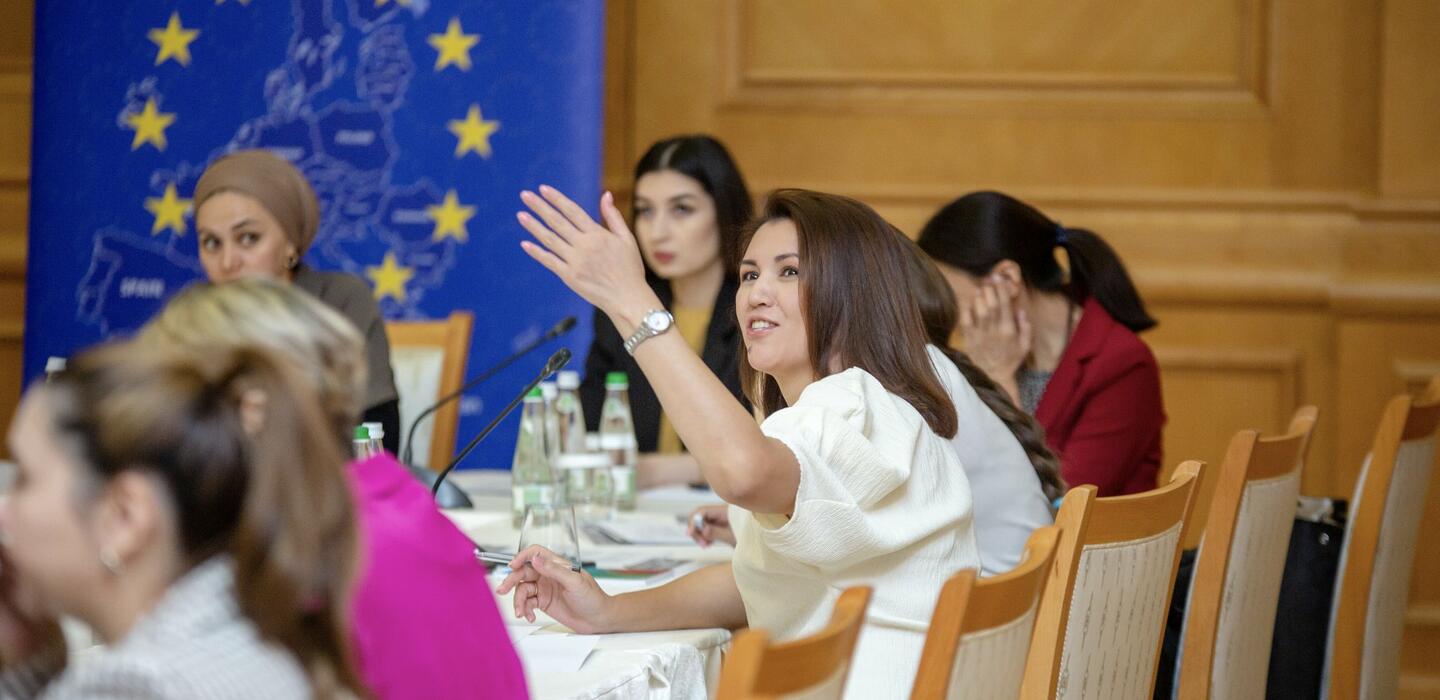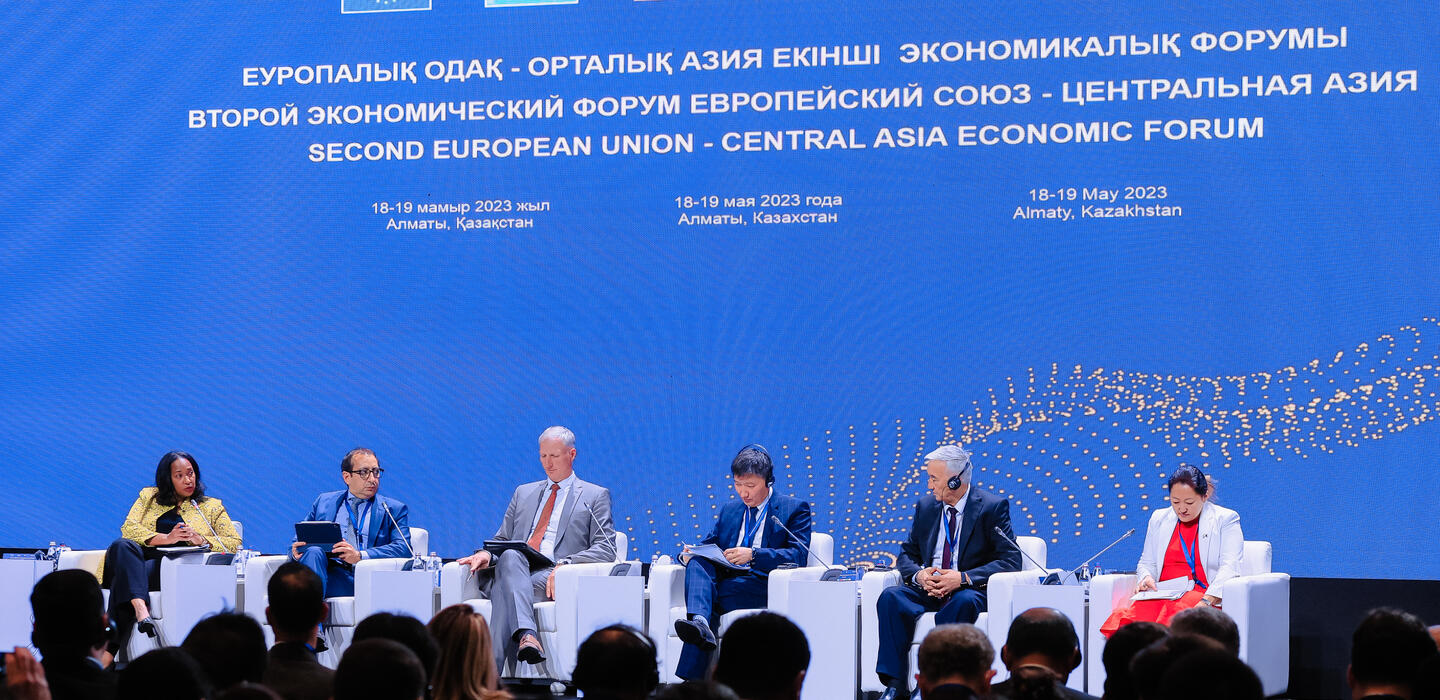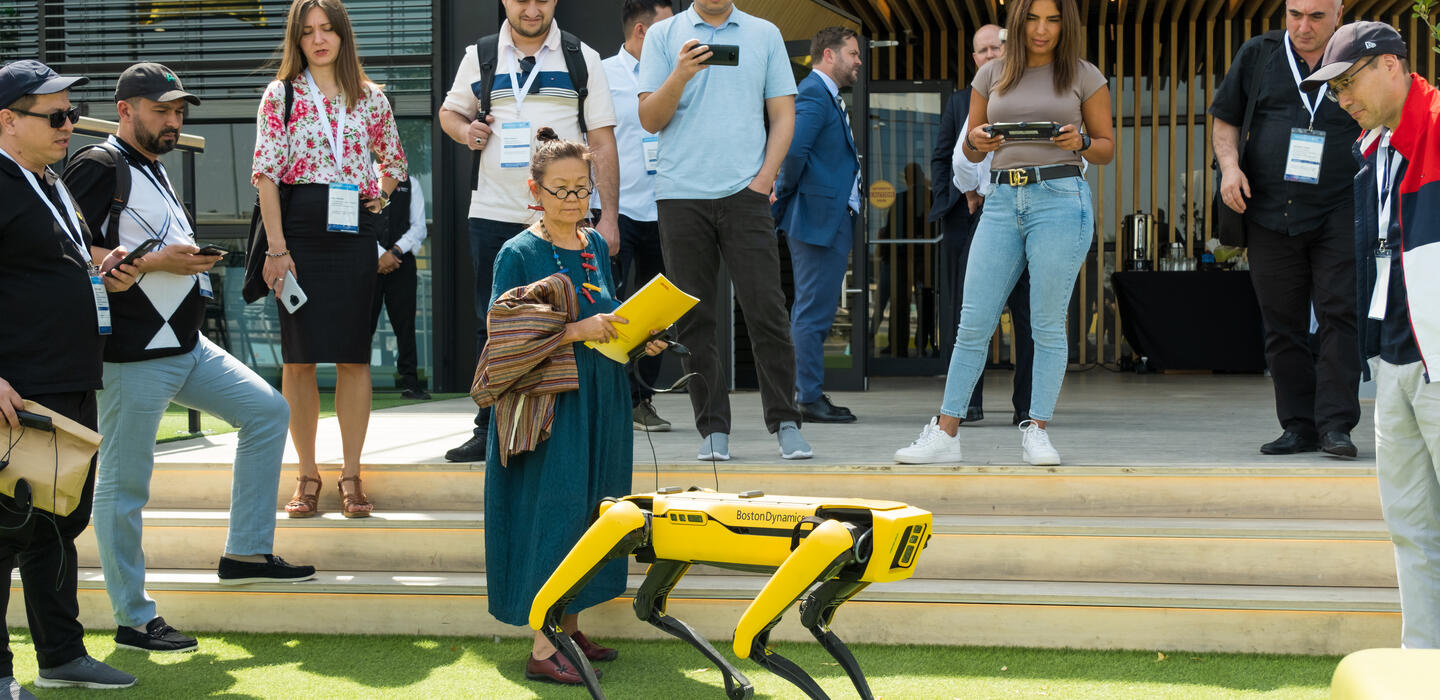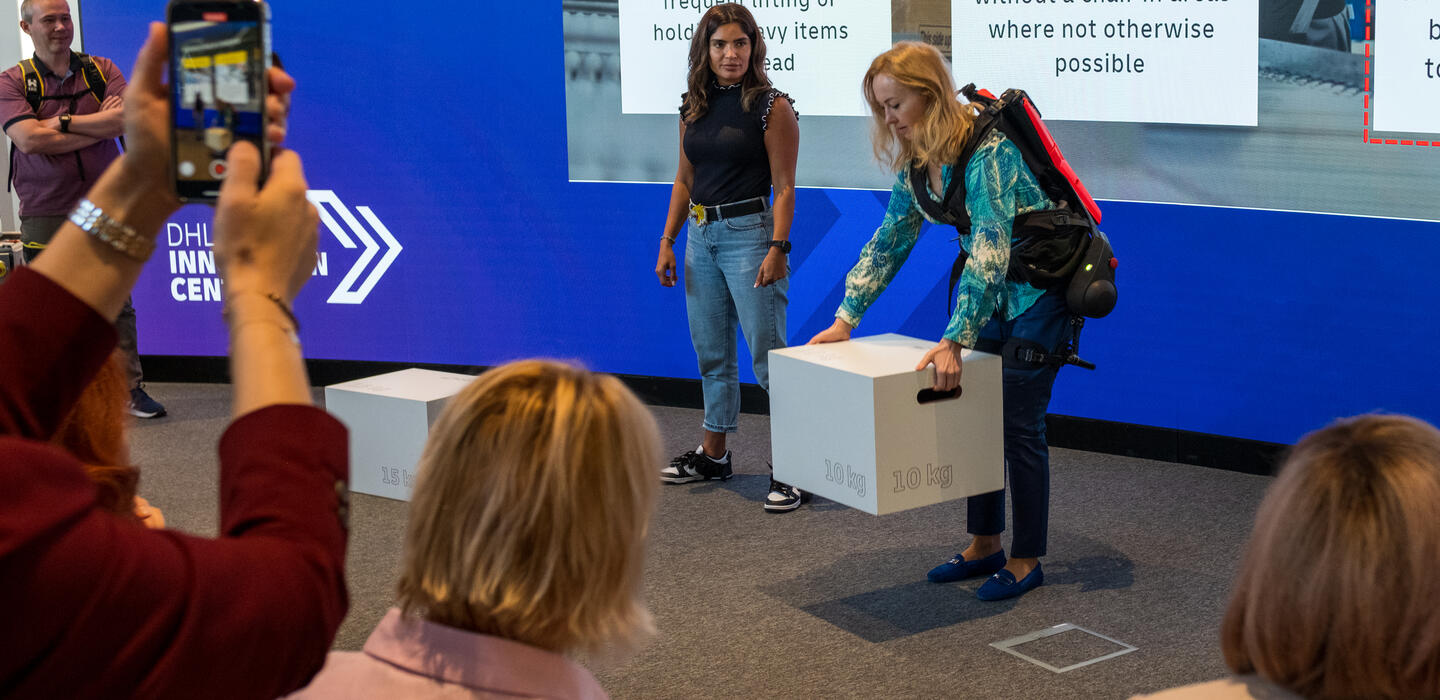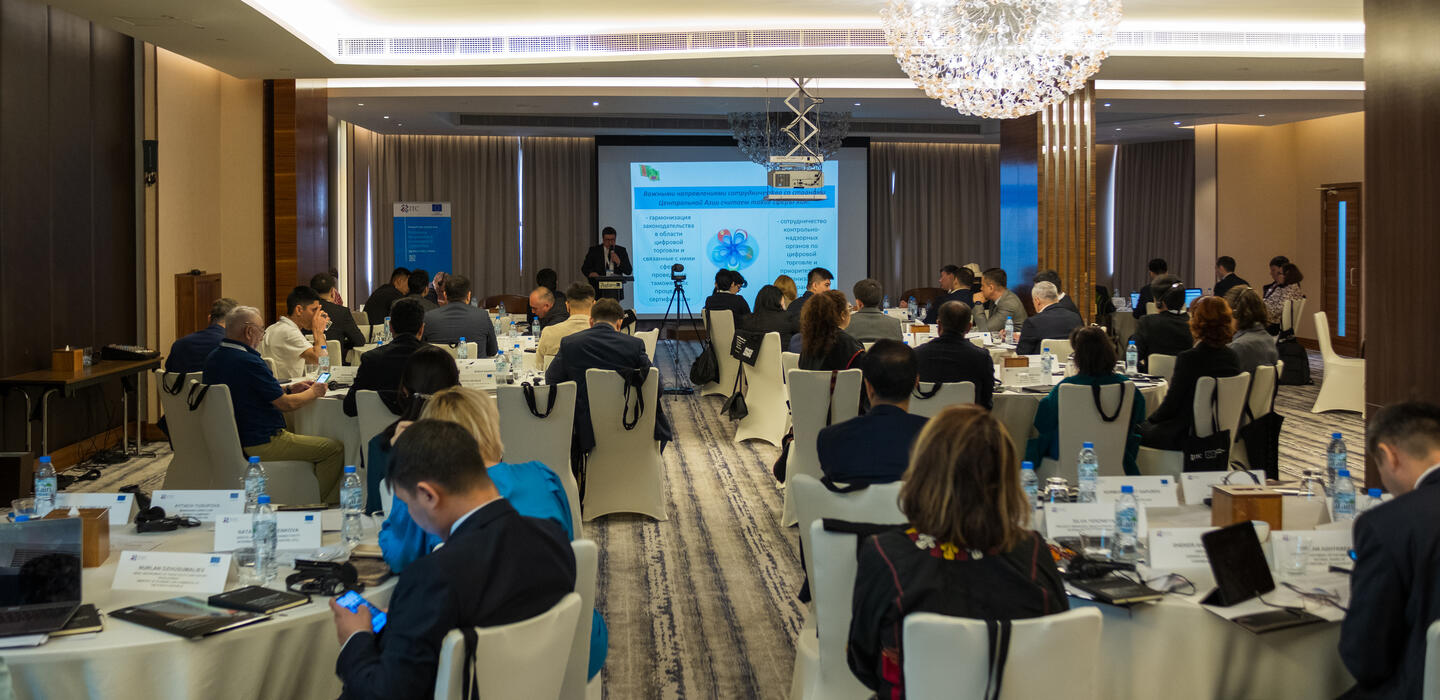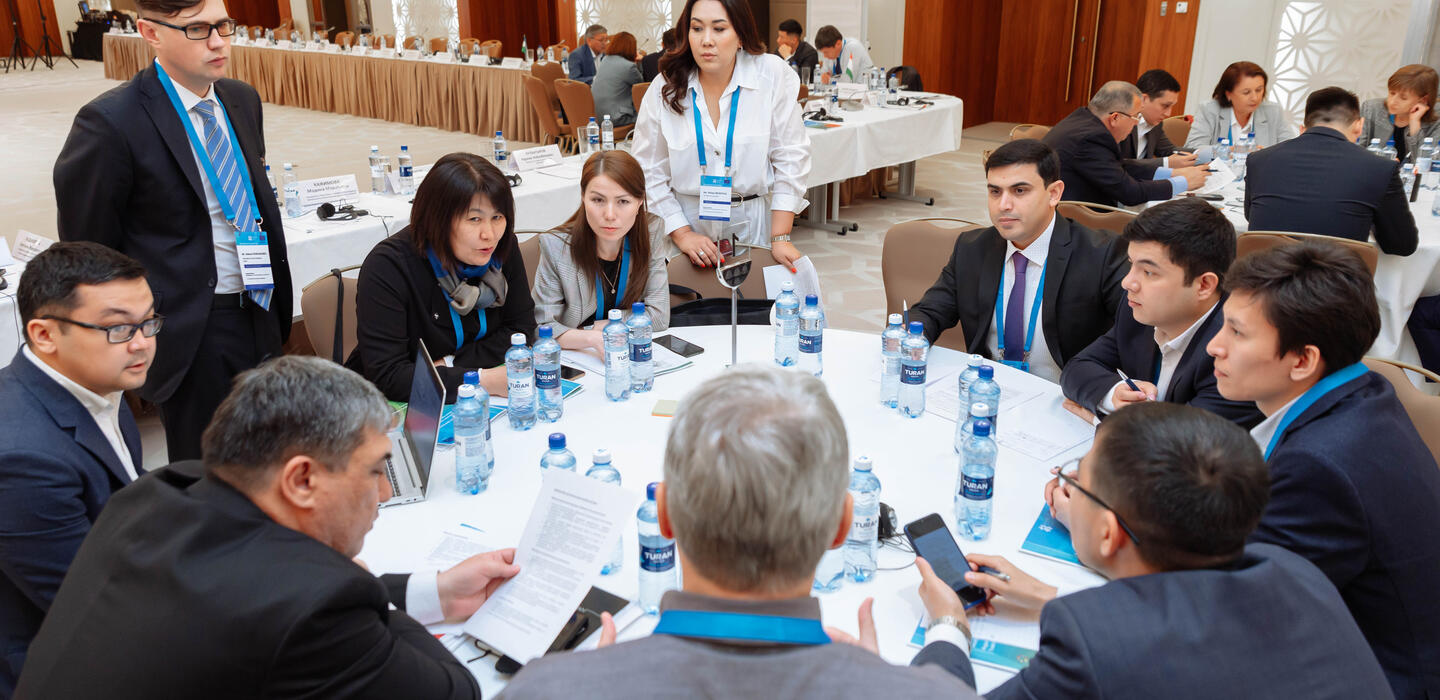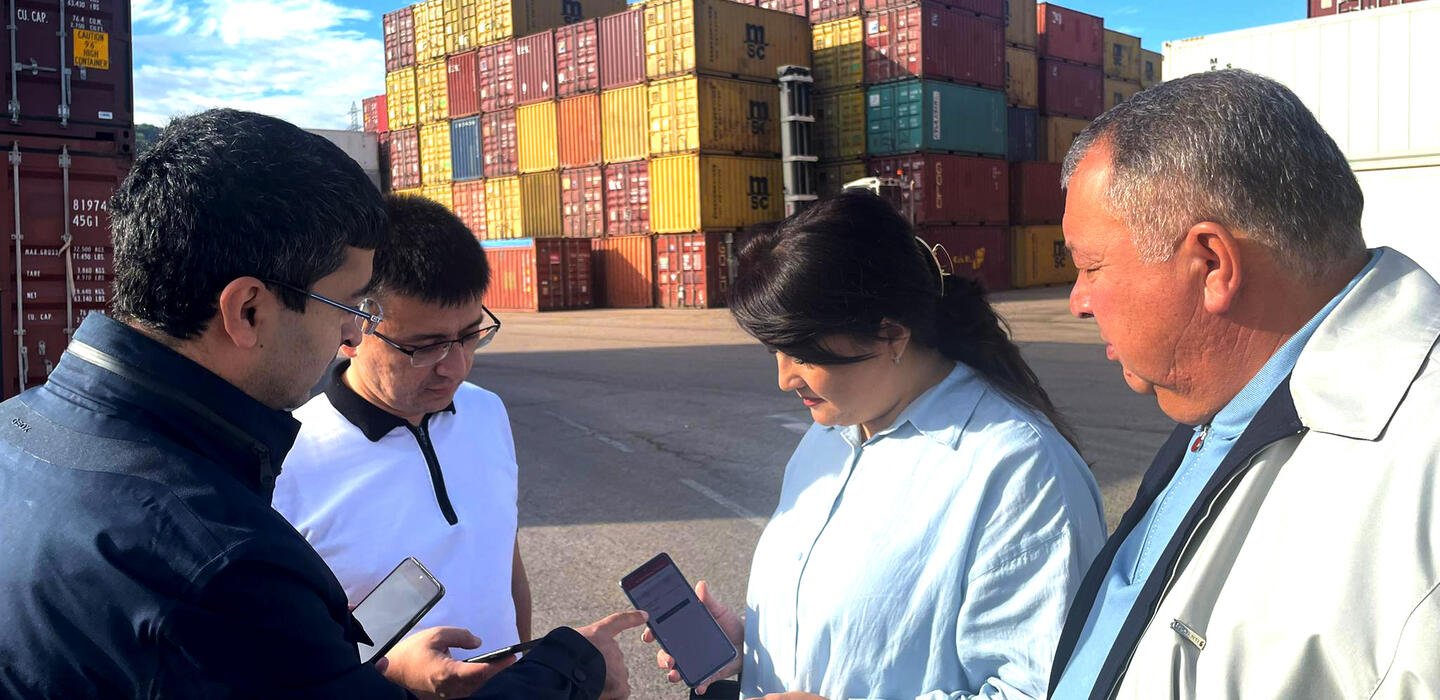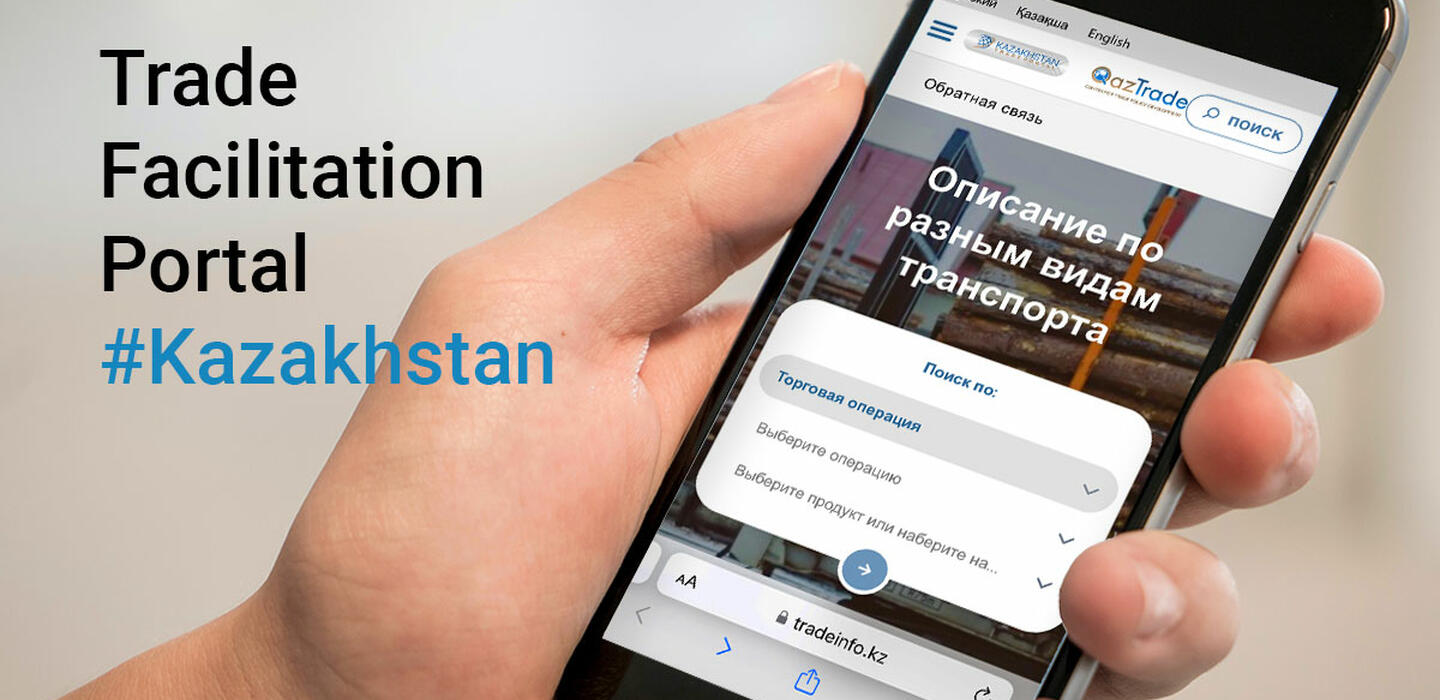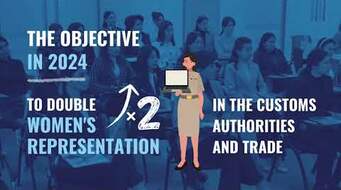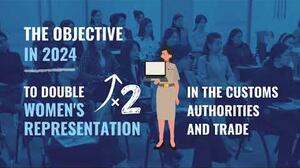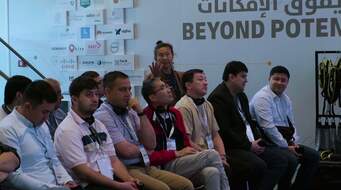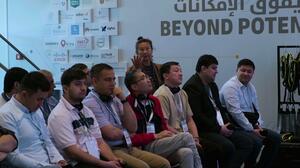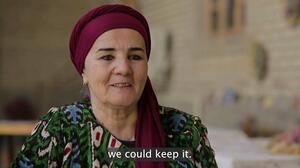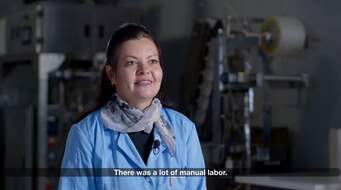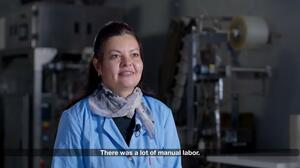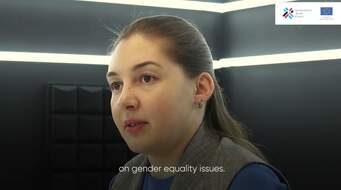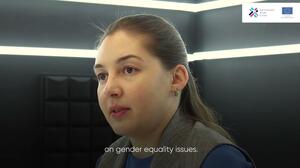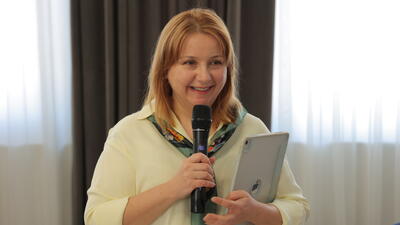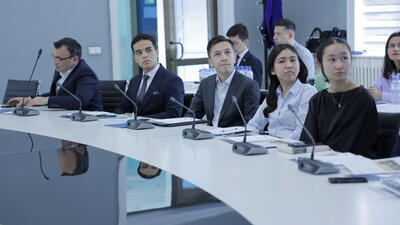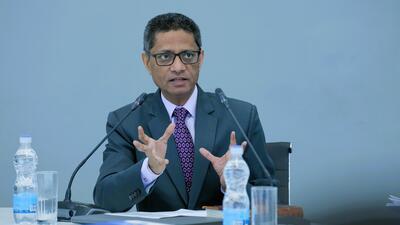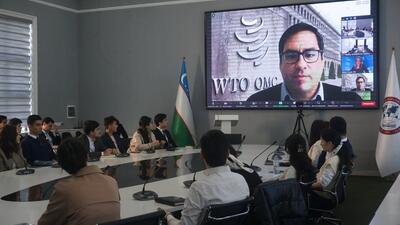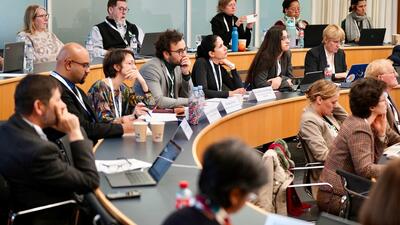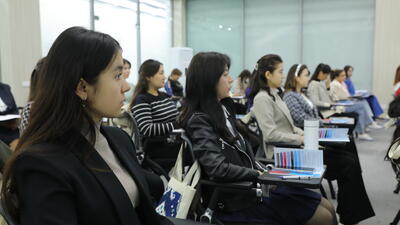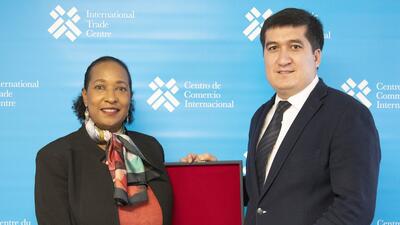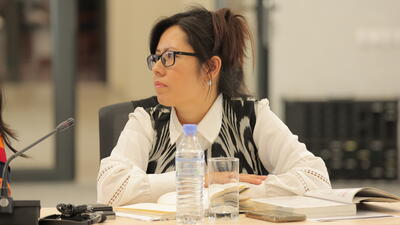

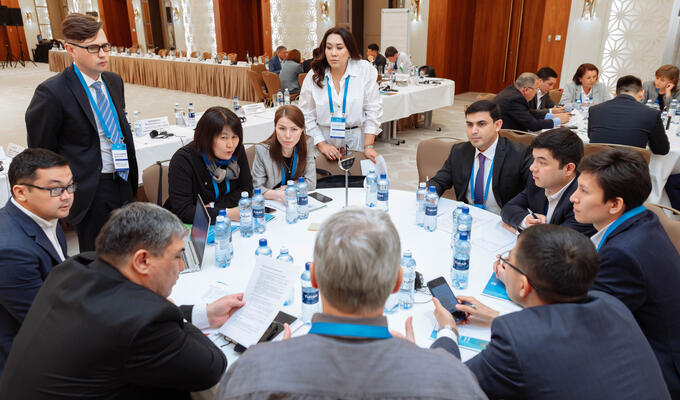

Central Asia: Ready4Trade (R4TCA)
Overview
Summary
The 4-year EU-funded Project is a trade component of a larger EU-funded programme which aims to support Investment, Competitiveness and Trade in Central Asia, thus contributing to sustainable and inclusive economic development in the region. The Project will support the development of intra-regional and international trade in five Central Asian countries. This will be done by enhancing the transparency of cross-border requirements, removing regulatory and procedural barriers, strengthening business capability to comply with trade formalities and standards, as well as by improving cross-border e-commerce. The Project will be implemented by the International Trade Centre in close collaboration with national partners.
The Project will target selected sectors / value chains in each country based on the export potential and accounting for participation of women in the labour force in the sector. Each intervention will be customized to meet specific needs of the beneficiary countries. A 6-month inception phase will be carried out to calibrate the project approach and customise it to each country individual needs.
Partners
Sustainable Development Goals
Establishing Trade Facilitation Portals
Trade Facilitation Portals are online tools for transparency and predictability of cross-border trade formalities. The portals provide traders with product-specific information on procedures to facilitate export, import and transit operations. They also contribute to countries’ compliance with Article 1.2 of the WTO Trade Facilitation Agreement.
Addressing obstacles to trade
The initiative aims to remove obstacles to trade on selected export flows originating from the Central Asian countries to reduce the time and cost of cross-border procedures. Ten intra- and extra-regional trade flows have been identified in coordination with national implementation partners. The methodology identifies key regulatory, technical, and procedural barriers faced by businesses across the trade flows, and then designs recommendations and reforms to remove them.
Training SMEs to comply with cross-border requirements
The Cross-Border Management Curriculum is a series of 20 courses targeting local exporters.
The curriculum covers topics ranging from the export process and customs procedures to the market analysis, conformity standards, international logistics, and the detailed rules for exporting specific products to specific regions.
The partner institutions will be trained by ITC to deliver the curriculum both online, on dedicated national platforms known as Virtual Learning Spaces, and at physical workshops.
Coaching SMEs through export management services
The Export Management Coaching Initiative offers practical and action-oriented advisory services to businesses. It is delivered by local experts with extensive experience in the fields of import/export, freight forwarding and logistics. The initiative provides in-person five-day training (coaching missions) at the premises of the company, and covers five thematic export areas.
Supporting SMEs to engage in e-commerce
SMEs strengthen their online trade through capacity building, advisory services and partnerships. In-depth technical assistance is provided to digitally advanced SMEs in the form of eLabs to develop and improve new online channels.
Fostering women participation in trade
Addressing gender-specific challenges in cross-border trade is essential for women’s economic empowerment. The gender component contributes to:
- Raising awareness of government officials on gender-responsive trade facilitation and gender-disaggregated trade data
- Building confidence and capacity of women on cross-border trade and trade advocacy









